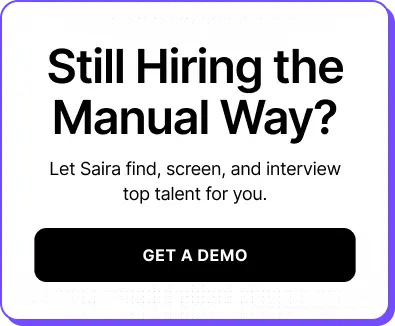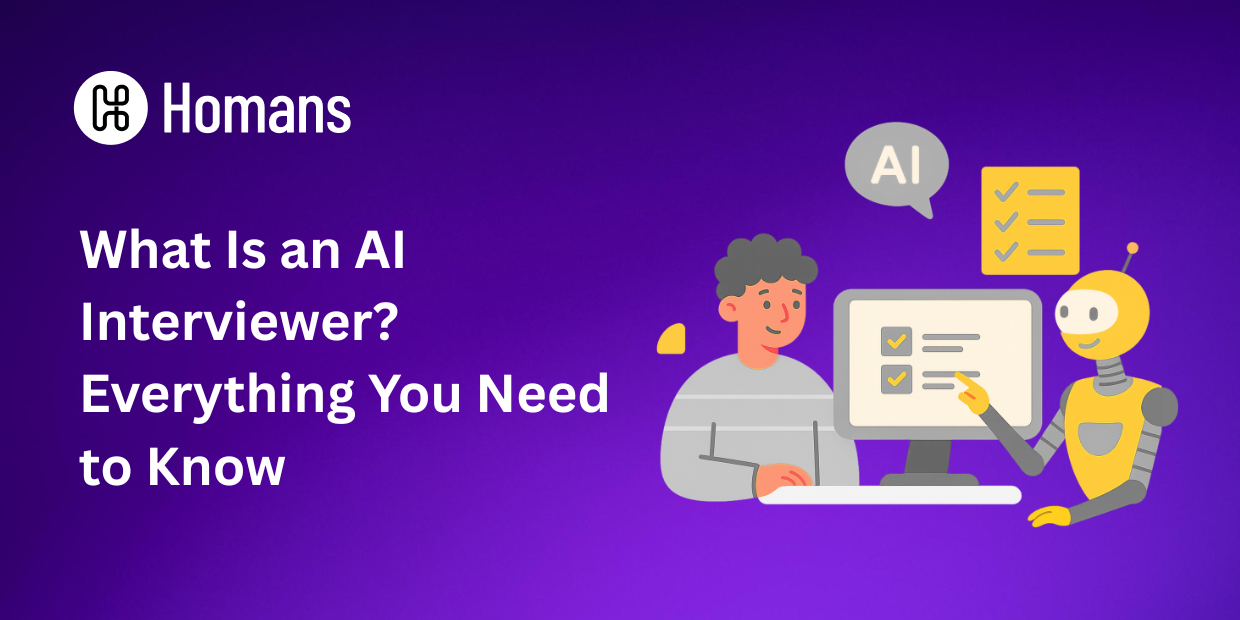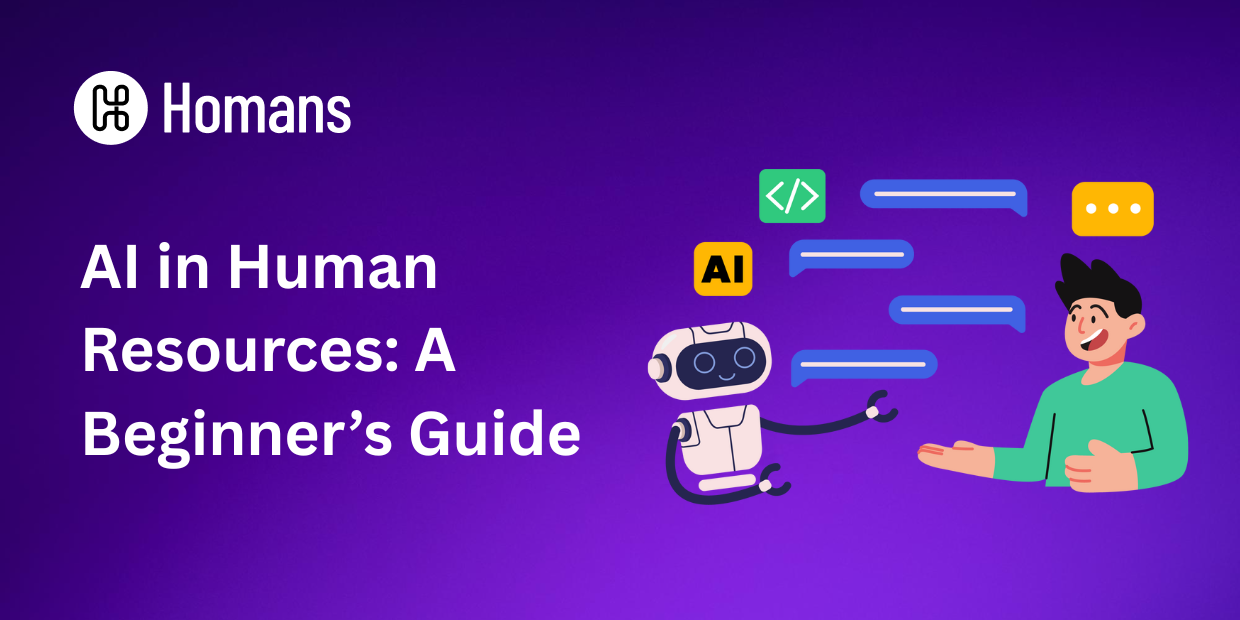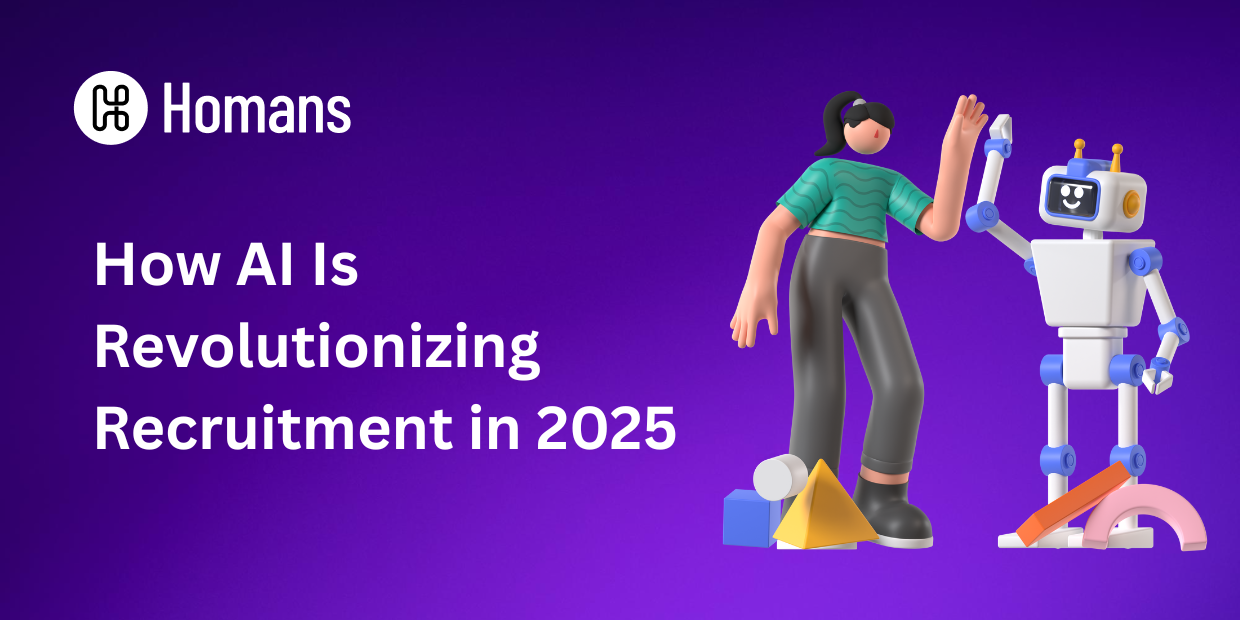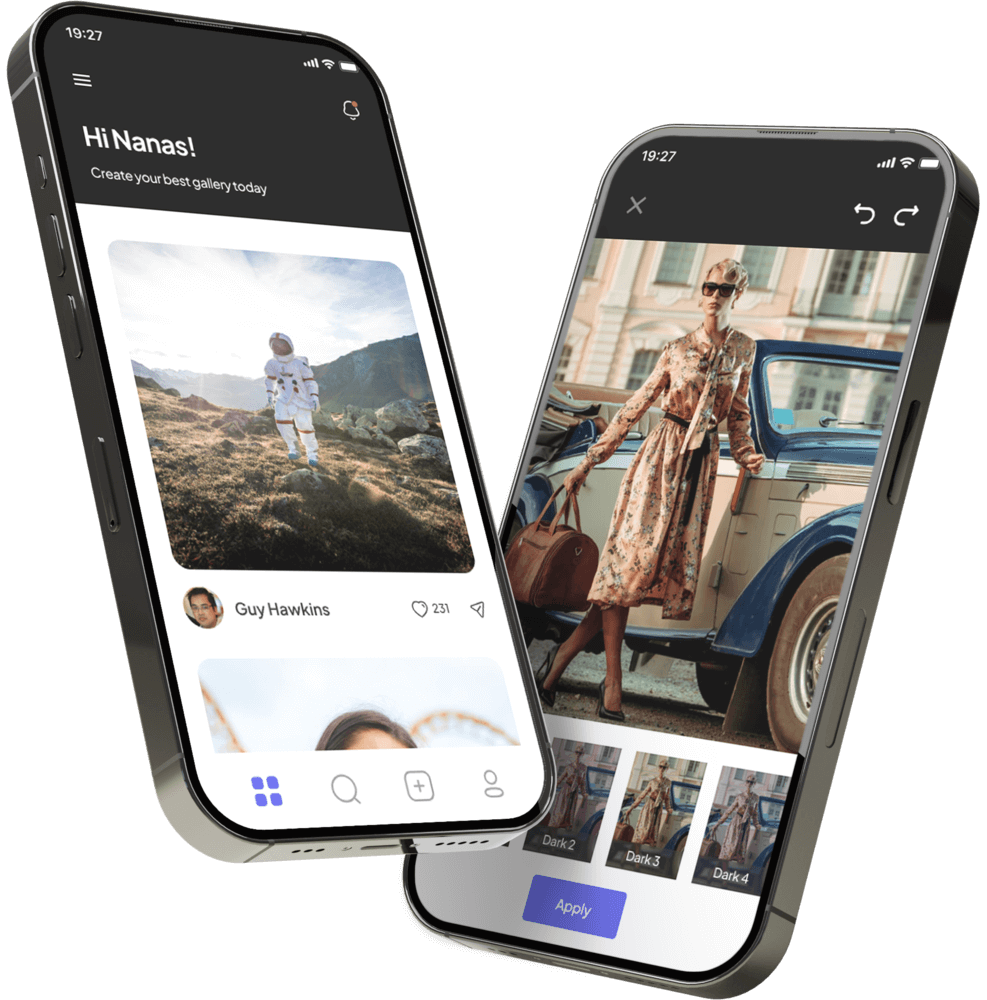Advancements in artificial intelligence (AI) have revolutionized diverse business functions, and recruitment is no exception. Over recent years, the rise of technology has dramatically reshaped how HR departments source and select talent. A prominent innovation in hiring is the AI interviewer, technology that automates job interviewing through advanced digital tools, machine learning, natural language processing (NLP), and predictive analytics.
As companies strive for efficiency, accuracy, fairness, and scalability in hiring processes, AI interviewers have rapidly gained popularity. In this blog post, we’ll deliver a comprehensive guide that explains precisely what an AI interviewer is, how it works, the benefits, well-known challenges, best practices for implementation, future developments, and frequently asked questions (FAQs). Our goal is to equip recruiters, HR professionals, employers, and job seekers with everything they need to know about leveraging AI interviewing technology responsibly and effectively.
Section 1: What Is an AI Interviewer?
Definition of AI Interviewers
An AI interviewer is a sophisticated digital system that interacts with job candidates, conducts interviews, analyzes responses, and provides insightful candidate evaluation without depending entirely on human intervention. AI interviews use advanced algorithms, natural language processing, machine learning models, and facial recognition technologies.
Simply put, AI interviewers digitally recreate aspects of human conversation and assessment through automation and data-driven insights.
Technology Behind AI Interviewers
Several key technologies make AI-driven interviewing possible:
- Machine Learning (ML): Enables systems to identify patterns, learn continuously from data, and enhance accuracy over time. ML helps analyze thousands of diverse candidate responses and accurately predict suitability.
- Natural Language Processing (NLP): NLP allows AI tools to comprehend, interpret, and engage in conversational dialogue with candidates, accurately assessing language patterns, content relevance, and verbal clarity.
- Predictive Analytics: Based on past interview data, predictive analytics assesses and predicts candidates’ future performance and job compatibility.
- Computer Vision & Facial Expression Analysis: These technologies analyze gestures, facial expressions, tone, and emotions, offering deeper insight into candidates’ attitudes, engagement, and personality traits.
Common Platforms and Tools Using AI Interviewers
Today, popular hiring software platforms like HireVue, VidCruiter, Interviewer.AI, Talview, and Modern Hire provide robust, scalable AI interview solutions widely adopted by global HR teams.
Brief History and Evolution of AI Interviewers
Originally developed to alleviate the manual stress of candidate management, AI interviewing systems emerged significantly around 2010–2015. Since then, AI-driven recruitment has rapidly grown due to advancements in machine learning accuracy, affordability, and accessibility. Today, leading global corporations such as Unilever, Amazon, and IBM actively utilize AI interviewing to streamline talent selection.
Section 2: How Does an AI Interviewer Work?
Step-by-Step of the AI Interviewing Process
AI interviews typically follow these clearly defined stages:
1. Pre-interview screening and preparation: AI assesses candidate profile match, sends instructions, technology guides, and necessary preparation resources.
2. Conducting virtual interviews (video, audio or chat-based interviews): Candidates answer pre-set interview questions provided by AI platforms, either through recorded video answers, text-based chats, or audio messages.
3. Analyzing candidate responses: AI interviewer technologies seamlessly analyze speech patterns, emotional responses, body language, grammar, vocabulary, and facial reactions.
4. Rating and candidate evaluation: Using predictive analytics, the system provides recruiters detailed insights, ranking candidates according to predefined competencies and criteria.
Examples of AI Interviewing in Practice
Major global corporations regularly deploy AI solutions. For example, Unilever cut recruitment time significantly by utilizing HireVue. Amazon leveraged Modern Hire to improve accurate selection, while other global brands adopted Talview to scale interviews rapidly across remote geographical regions.
Section 3: Benefits of Using AI Interviewers
Improving Recruitment Efficiency and Speed
One of the top advantages of AI interviews involves drastically reduced screening times. Automated processes allow recruiters to focus on strategic HR activities rather than mundane candidate assessments, significantly shortening recruitment cycles.
Consistency and Fairness
AI interviewers deliver unbiased, standardized hiring practices. Unlike humans, AI maintains objectivity and consistency regarding every candidate, ensuring fairness throughout the screening processes.
Elimination of Unconscious Human Bias
Human hiring bias often unintentionally affects selection decisions. AI interviewers overcome these flaws by standardized evaluations based solely on objective data, minimizing discriminatory hiring risks.
Data-Driven Insights for Improved Decision-Making
AI interviews provide measurable results enabling recruiters to make informed hiring decisions. Robust analytics furnish employers with clear data concerning strengths and risks for candidate selection.
Scalability for High-Volume Staffing
AI interviewer solutions efficiently handle large-scale, high-volume candidate pools, effortlessly scaling up recruitment without sacrificing consistency or quality.
Section 4: Potential Challenges and Concerns with AI Interviewers
While AI interviewing promises numerous advantages, there are critical considerations HR teams must manage:
Privacy and Data Protection
AI interviewers generate massive volumes of candidate data raising privacy concerns. Companies need compliance with stringent global regulations like GDPR to protect candidate privacy.
Accuracy and Possible Bias in Algorithms
If improperly trained, ML can unintentionally learn bias from human historical datasets. Thus, constant updates and thorough audits are necessary to avoid perpetuating discriminatory biases.
Candidate Comfort Levels and Acceptance
Some candidates may experience discomfort or lack confidence during interactions with virtual AI interviewers. Companies must prioritize positive, candidate-friendly interactions to ensure a comfortable user experience.
Legal and Ethical Issues
Regulatory standards regarding AI hiring remain evolving areas, demanding mindful implementation. Transparency about AI use, candidate consent, and debiasing algorithmic review are key ethical obligations companies should uphold.
Section 5: Best Practices for Implementing AI Interviewers
To successfully optimize your adoption of AI interviewer tools, consider the following best practices:
- Carefully select trustworthy, transparent AI interviewer software solutions.
- Clearly communicate instructions, expectations, and processes to candidates.
- Maintain transparency, assure candidate consent, and uphold stringent data protection measures.
- Combine AI efficiency with human oversight, conducting secondary reviews when needed.
- Regularly audit and routinely update AI software to ensure fairness, accuracy, and continued compliance.
Section 6: Future Trends and Developments in AI Interviewers
Exciting developments lie ahead in AI interview technology. Innovations will soon offer higher accuracy in real-time emotion detection, deeper personality and trait recognition capability, and better handling of nuanced skill assessments. Virtual reality and augmented reality interviewing experiences may also emerge in advanced candidate assessments. These trends, more broadly integrated human-AI partnerships, will liberate human recruiters for increasingly strategic HR roles, facilitating personalized HR development and talent management.
Section 7: Frequently Asked Questions (FAQs)
What exactly can an AI interviewer assess during an interview?
AI interviewers assess communication style, emotional responses, behavioral traits, candidate engagement, language competence, and many other soft skills relevant to the job role.
Can candidates practice and prepare for AI interviews?
Absolutely, preparation resources and practice AI interviews are often available online, allowing candidates to familiarize themselves beforehand.
Is using AI interviewer technology legally permitted and ethical?
AI interviewing systems are legal when transparent, non-discriminatory, and compliant with privacy laws. Ethical considerations require ongoing transparency and data protection.
Can AI replace human recruiters completely? Why or why not?
Not entirely. While handling repetitive screening tasks efficiently, AI lacks human intuition, empathy, and contextual judgement, which remain vital for certain recruitment aspects.
How accurate are AI interviewers compared to traditional interviews?
When well-trained, AI interviews compare favorably with traditional methods in accuracy, scalability, fairness, and objectivity.
What should I do if I experience technical issues during an AI interview?
Immediately communicate technical issues with HR or tech support, ask if the interview can be paused, rescheduled, or retaken.
How can companies ensure that AI-driven interviews are fair and unbiased?
Regular algorithm audits, diverse training data, human oversight checkpoints, and continuous improvement updates help ensure fairness and neutral assessments.
What happens to recorded video or interview data after the interview?
Usually, HR securely stores data according to privacy regulations. Companies must transparently inform candidates regarding the handling of private data.
Conclusion
AI interviewers have transformed modern recruitment practices, becoming invaluable tools for efficient, unbiased, and scalable talent selection processes. But balancing AI’s powerful capabilities with responsible oversight, data privacy compliance, and human judgement remains crucial. Embracing the potential of AI interviewer technology mindfully allows future-oriented organizations to recruit top talent efficiently while providing candidates transparency and fairness throughout hiring journeys.
Ready for your next AI interview? Share your experiences or questions in the comments and subscribe to our blog for more insightful recruitment technology guidance.
Download our free checklist: “Getting Ready for Your AI Interview” and stay prepared ahead!

